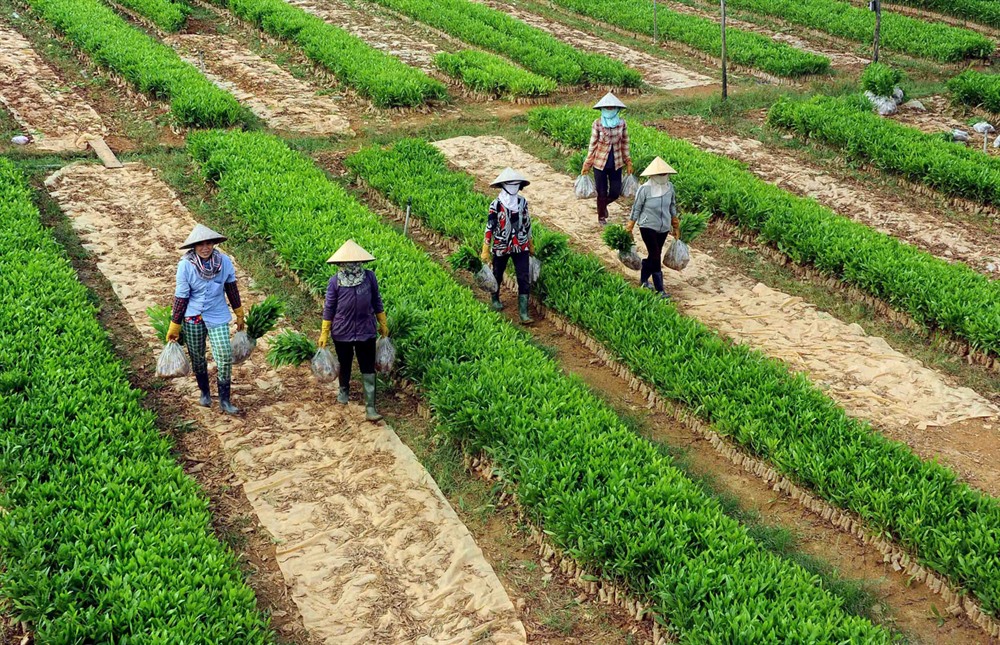 Society
Society

Deputy Prime Minister Trịnh Đình Dũng has ordered tightening the control of changes in the use of forests while strictly enforcing the closure of natural forests at a conference of the steering committee for sustainable development of the forestry sector.
 |
| Farmers in Phước Thành Commune, Tuy Phước District in Bình Định Province prepare seedling for planting in a local forest. - VNA/VNS Photoo Quang Quyết |
BÌNH ĐỊNH — Deputy Prime Minister Trịnh Đình Dũng wants tighter control of forest management. He was speaking at a conference of the steering committee for sustainable development of the forestry sector.
The steering committee for the national target programme on sustainable development of the forestry sector (Programme 886) held a conference in the central province of Bình Định on Friday.
Deputy Minister of Agriculture and Rural Development Hà Công Tuấn reported to the conference that the forestry sector had achieved or beaten all set targets in 2018. The national forest coverage expanded by 0.2 per cent from the previous year to 41.65 per cent, with 231,520 ha of concentrated forests planted, surpassing the target by 18 per cent. Total forestry production value exceeded VNĐ32 trillion (US$1.38 billion).
There are around 4,500 enterprises operating in processing wood and forest products, with 1,863 of them directly involved in export. Việt Nam’s wood products have been exported to 120 countries and territories, with main markets being the US, Japan, EU, China and the Republic of Korea. The forestry sector earned $9.38 billion from exports in 2018, up 15.9 per cent year on year.
However, many problems remain, such as deforestation and illegal transport and storing of forest products, which are attributable to the poor performance of local authorities, especially those in the northern provinces of Điện Biên and Bắc Kạn and the Central Highlands.
The northwestern and central highlands regions have large areas of forest land but the pace of forestation in those regions is slower than in others. The planting of protective and special-use forests faced great difficulties due to the shortage of capital and land.
According to Đinh Ngọc Minh, deputy director of the Agriculture Department under the Ministry of Planning and Investment, after three years of implementation, four out of the 16 tasks set by Programme 886 have been completed two years ahead of schedule, five other tasks have had 90 per cent of the workload done and the remaining seven are being conducted on schedule.
The Ministry of Planning and Investment has asked the Government to instruct local administrations to allocate sufficient capital from the central budget and mobilise investment from other legal sources for projects in forest protection and development.
According to the office of Programme 886, the targets set for 2019 are to expand the national forest coverage to 41.85 per cent, increase forestry production value by 5.5-6 per cent and export value to $10.5 billion, while maintaining stable employment for 25 million people. — VNS




